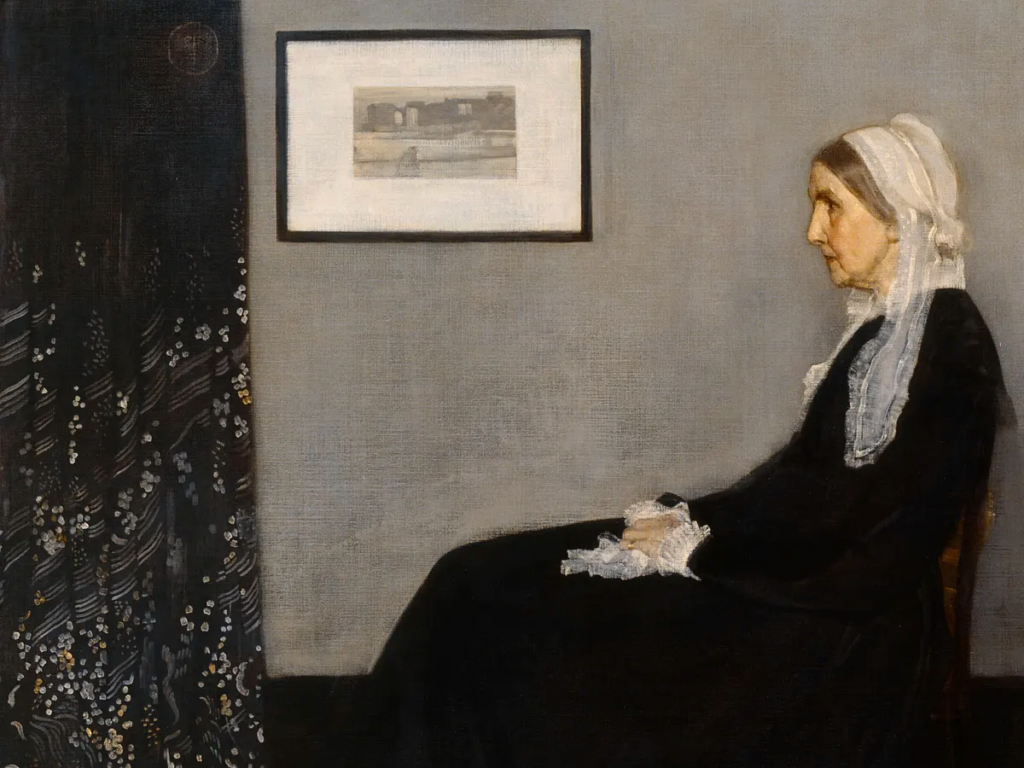
Do not read Directions to Myself: A Memoir of Four Years by Dartmouth graduate Heidi Julavits ’90. I have thus fulfilled the obligations of a review, as I cannot review it as a book-qua-book. No sentence in the book is so terrible that I would ask how it left the editor’s desk. This “book” is merely the accumulation of comments without any insight, and it leads to disappointment. It is bereft of ideas, any semblance of wit, or even a justification to turn to the next page.
I read the book at the same time I was reading two great ones: John Stuart Mill’s Autobiography and Yukio Mishima’s Runaway Horses. These classics made the need to return to Julavits’ book ever more disappointing. And is it fair to judge a book alongside two of the greats? The answer is yes. One has finite time on earth and can read any book he chooses. Read Shakespeare—do not read contemporary trash. While I again urge any reader of this review to not read this book, I do intend to examine the book as a primary source for future historians: What does this book indicate about the year 2023 and the state of the parenting book overall?
I genuinely love the parenting book genre. Battle Hymn of the Tiger Mom inspired me in the parenting of myself. Directions to Myself is a parenting book by and for an anxiety-filled mother, worried that her son will become a predator. Such mothers are overbearing. Take the following moment, when Julavits’ son has the novel theory that “all murderers come out of women.” A moment of (literally) childish reasoning.
Julavits is playing the politically correct cop. She corrects him, “all murderers come out of uteruses.” This is contemporary enlightenment as a straitjacket. The Foucauldian historian of the future will demonstrate how today’s so-called intellectual consensus led to constraining everyone’s thoughts.
The book focuses on boys turning into men. While the author presents herself as disenchanted towards any semblance of religious thought, the thesis (if such a scattered book can be said to have one) is that people, especially men, have sin deep within them. Julavits is especially worried about the potential sin within her son, who goes from age five to ten as the book progresses. It reads like Minority Report, and Julavits works in “pre-crime.”
To constrain this sin, Julavits focuses on strange problems. Her son has long hair, and strangers consistently mistake him for a girl. Her son grows tired of this. She makes him keep his hair long. In order to make some unclear point about sexism and gender, she forces her son to let strangers ostracize him. How appropriate!
Julavits is anxious about how her son will act in the future. This plays out in strange ways. For example, when she hears about a sexual assault scandal, she spirals into worrying that her son will call women “sluts” in the future. A very strange extrapolation.
Besides her worries about her son’s future crimes, Julavits makes other strange parenting choices. Her daughter has a phone at age ten, but also a tracker on it. So the children get access to the utterly brain- and heart-destroying technology and, simultaneously, learn to always be mindful of what their parents know about them.
The son is allowed a video game console but is not allowed to play games in which one shoots humans. I had a similar restriction when I was in 5th grade. If I was a parent, I would do the following: no video games, no matter how much begging. We are put on this planet for a brief and shining moment to learn, engage with people, build something, and die. Not to play video games. Perhaps Julavits’ restriction on violent video games makes some sense, but isn’t the real problem the way one rots one’s brains doing something mindless rather than literally anything else?
There are moments in the book at which most any reader will roll his eyes. Take the following: “Save for the tall boy, they all attend the same school. The entire curriculum, some parents like to complain, focuses on social justice issues rather than math.” Those parents that “like to complain” are perhaps the only sane individuals. Students in China are studying differential equations while we study social justice.
There is also an attempt in the book to appear profound by randomly making mean comments. Julavits describes a cafe “that perfected the art of low expectations” and a person she calls the “conversation antagonist.” Liking things is low brow, she seems to think, while true intellectuals hate.
Julavits also writes about Animal House as if it were the worst film ever made. This opinion is quite indicative of the current treatment of the movie in elite circles. It is, however, a rather excellent movie and one of the few comedies that has stood the test of time. It hits the mark of what comedies are meant to do: be funny.
Julavits connects to Animal House because of her Dartmouth education. She tells of a high school history teacher who lost respect for her when she said she was going to Dartmouth. Perhaps, shockingly, the College was even less intellectual then. About Homecoming, she writes: “Some love this college because it’s resistant to change. Every reunion is an opportunity to time-travel. The same green-and-white awnings line Main Street. The same bookstore sells the same sweatshirts.” She is, indeed, quite wrong. If the College were actually “resistant to change,” there would be no need for The Dartmouth Review. It is the very fact that the College changes quite so much that is the problem.
And that is where I’ll leave this review off. Like Julavits, I do indeed wish to see change in the world: that no one wastes his time to read this book.

Be the first to comment on "Maternal Instincts and Their Extremes"